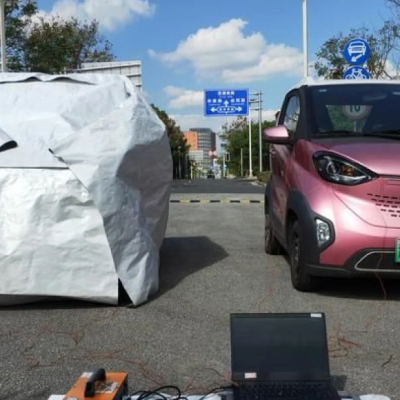Northvolt, a Swedish company founded by former Tesla managers in 2015, is developing a battery for electric cars based on lignin, a biopolymer found in plant cell walls. The company has been producing battery cells in Sweden since the end of 2021 and is currently building two new battery factories in Germany, with orders worth over €50 billion from companies such as BMW, VW, Scania, and Polestar. In addition to producing conventional batteries for electric cars, Northvolt is also active in research and recently succeeded in producing a battery cell for an electric car entirely from recycled materials. Now, Northvolt has announced that it will be partnering with Finnish company Stora Enso to develop a battery for electric cars based on wood.
The more sustainable battery will use lignin, a biopolymer found in plant cell walls, as its material. Lignin accounts for between 20 and 30 percent of the dry mass of woody plants and can be obtained not only from trees but also from bamboo, shrubs, and many other plants. Stora Enso has been producing the plant-based material from pine and spruce since 2015. Northvolt explains that the lignin will be processed into amorphous hard carbon, which can replace the material graphite, from which most anodes are produced, in batteries. However, hard carbon has not been used before because its production is very expensive. By using lignin, the cost of production will be significantly reduced.
In addition to making the batteries more environmentally friendly, the use of lignin will also increase the independence of the European industry from imports. Graphite, which is essential for industrial battery production, is found in large quantities on Earth, but most of it is in China, which currently owns about 70 percent of the global production. This could potentially bring the battery industry in western countries to a halt. Alternatively, graphite can be artificially produced from coal, petroleum, or plastics, but this also relies on the import of fossil fuels from other countries. Northvolt aims to use at least 50 percent recycled material in all its batteries by 2030 to further reduce their environmental impact.










